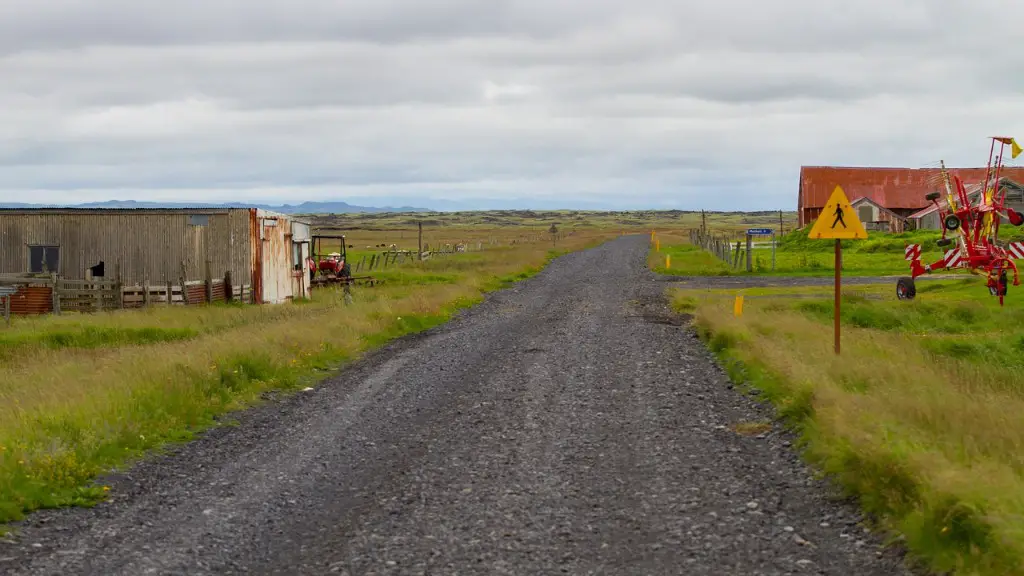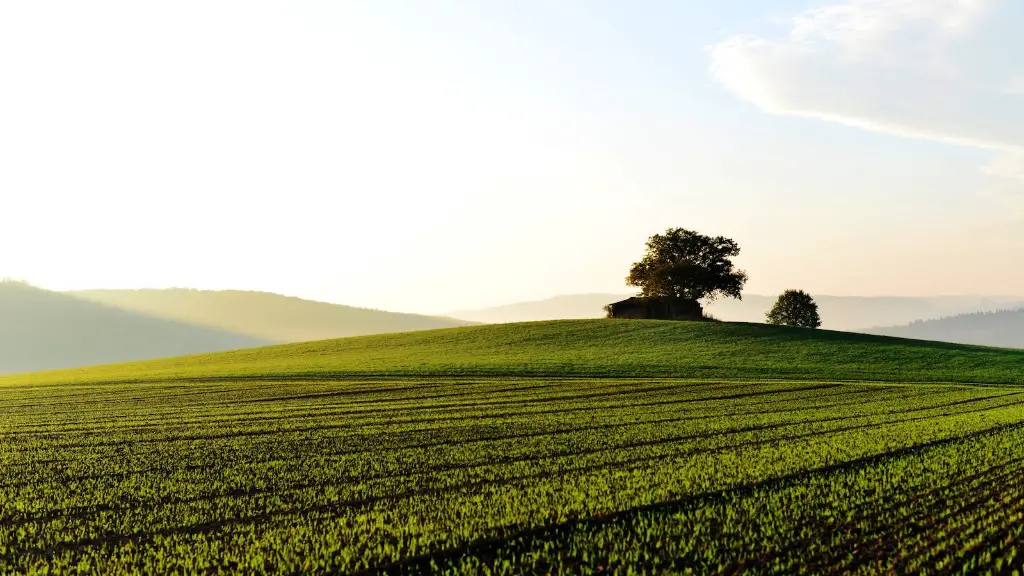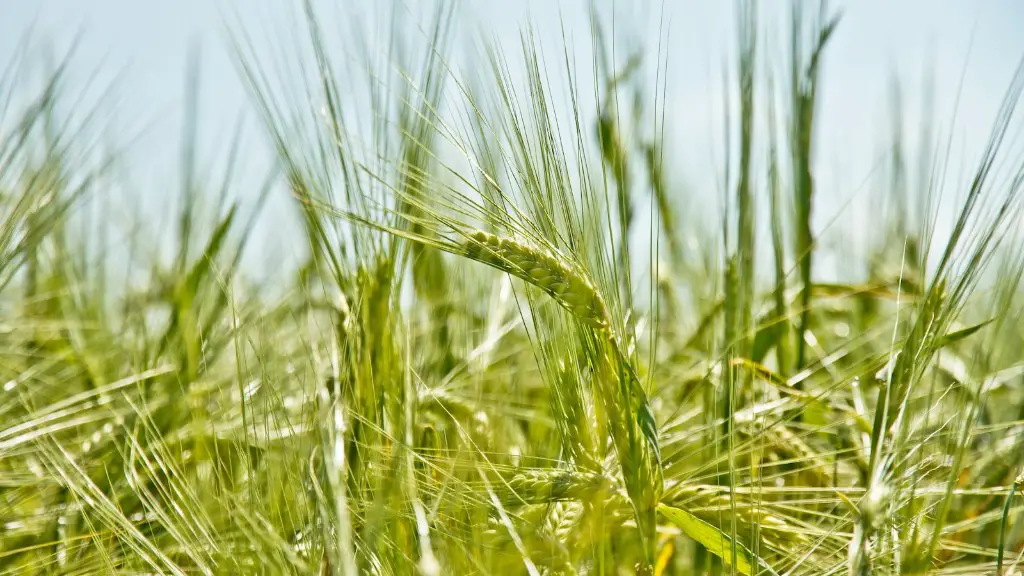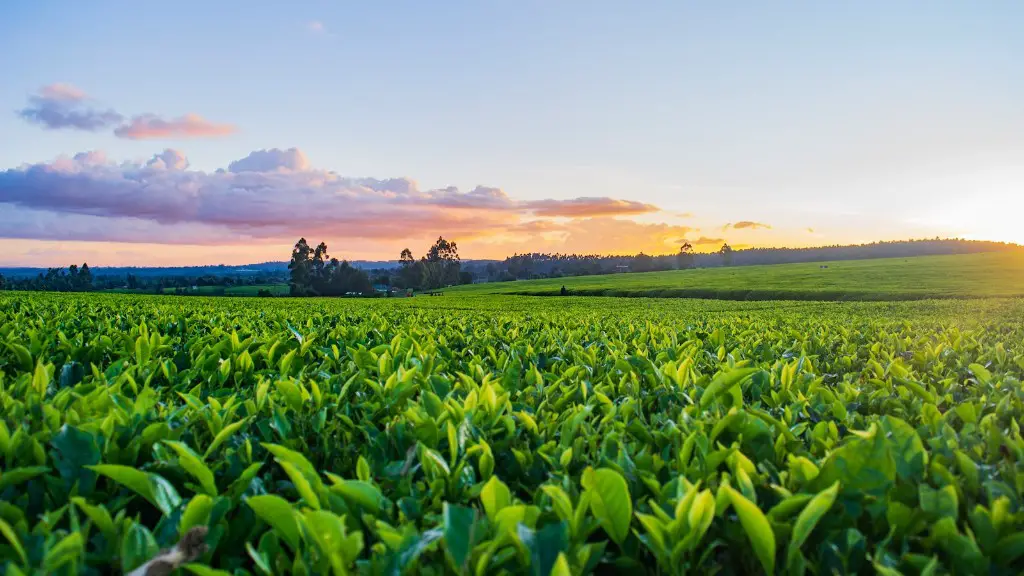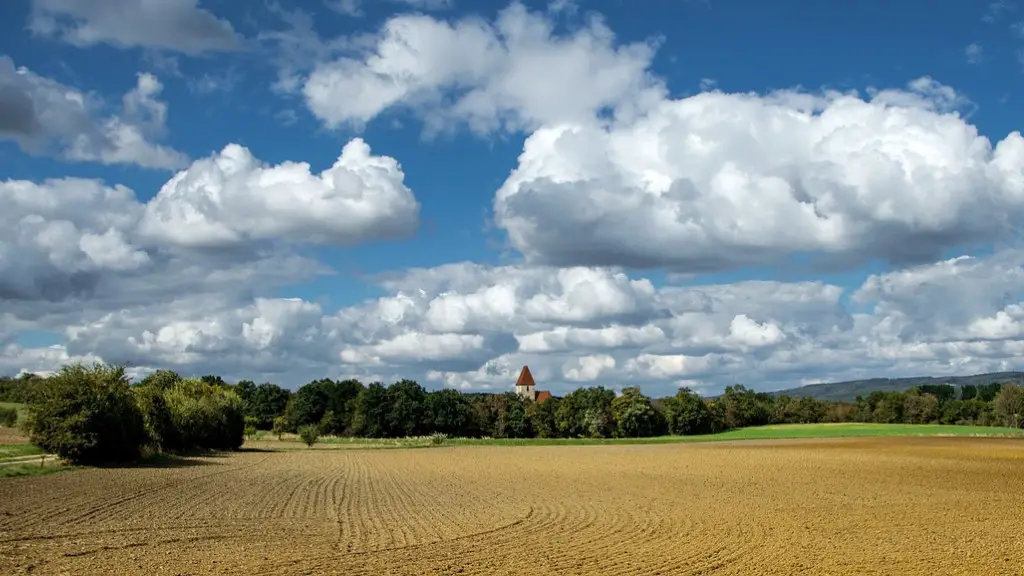There are many reasons why we study agriculture. Agriculture is the science and practice of producing crops and raising livestock. It is a vital part of the food chain and provides us with many of the things we need to survive. By understanding agriculture, we can learn how to better care for the land and the animals that provide us with food. Agriculture also plays a role in the economy and the environment. By studying agriculture, we can learn how to make more efficient use of resources and minimize our impact on the planet.
There are many reasons to study agriculture. Agriculture is the science and art of producing plants and animals for food, fiber, and other products. It also includes the study of how these products are grown and processed.
Why is agriculture important? Agriculture is a vital part of our economy and our way of life. It provides us with food, clothing, and shelter. It also helps to protect our environment.
Why should I study agriculture? Agriculture is a diverse and rewarding field. It offers many opportunities for career growth. It also provides a chance to make a difference in the world.
What are some of the challenges in agriculture? Agriculture faces many challenges, including climate change, water shortages, and soil depletion.
What can I do with a degree in agriculture? There are many career options available for those with a degree in agriculture. Some of these include working in farming, ranching, research, and extension.
Why do we need to study the agriculture?
Studying agriculture at a degree level will equip you with a combination of skills and knowledge in farming practice, sustainability, environmental management, food production and more. This subject is unique in that it combines several disciplines such as science, economics, and business for a multifaceted approach. You will gain an understanding of the principles of agriculture and how they can be applied to real-world situations. With this knowledge, you will be able to make informed decisions about the management of resources and the production of food.
Agriculture plays a vital role in society and the economy. It provides food for people to eat, raw materials for products, and creates jobs. Agriculture also has a significant impact on the environment.
What are five importances of agriculture
1. Agriculture is the source of the food supply.
2. It is a major source of clothing.
3. Provision of Raw Materials for Industries.
4. Agriculture Creates Jobs Opportunities/Employment.
5. It contributes to the Gross Domestic Product (GDP).
6. Agriculture Contributes to Foreign Exchange Earnings.
7. It improves the standard of living of the people.
8. It provides food security.
9. It helps in the economic development of the country.
10. It protects the environment.
Farming is a great way to get exercise and fresh air. It is also a very challenging and stimulating job that can provide a good source of income in rural areas. Farm work can help develop younger generations by teaching them important skills such as responsibility, hard work, and respect for nature. Farming can also help the environment by providing healthy food and using sustainable practices.
What is the most important thing for agriculture?
The use of modern machinery in agricultural lands has increased the production of crops, which has in turn provided more raw materials to industries. This has resulted in increased efficiency and productivity in many industries.
While agriculture can have some negative impacts on the environment, it can also have positive impacts. For instance, agriculture can trap greenhouse gases within crops and soils, or mitigate flood risks through the adoption of certain farming practices. By taking these positive steps, agriculture can help to protect the environment and improve the quality of the air, water, and soil.
Working on a farm can be a very rewarding experience for those who are looking for a more hands-on way to help others. The social benefits for farm families include achievement and fulfilment through seeing the direct effects of their work on the people who spend time on the farm. This can be a very gratifying experience, as it can make a difference in the lives of individuals and help typically excluded people to become more included.
Today, the world is more populous than ever before, thanks in large part to advances in agriculture. For centuries, farming has been the primary occupation of mankind, and it is still the backbone of many economies. Agriculture allowed the development of cities and civilizations, and because crops and animals could be farmed to meet demand, the global population exploded. Today, there are more than seven billion people on the planet, and the vast majority of them depend on agriculture for their livelihoods.
What are the impacts of agriculture to the society
The demands of the growing global population are putting an ever-increasing pressure on the land and water resources needed to sustain agriculture. This often results in land degradation, such as soil erosion and salinization, as well as eutrophication. In addition, agriculture is a significant contributor to greenhouse gas emissions.
Agriculture has had a profound impact on human civilization, fundamentally changing the way we live and the way we interact with our environment. By allowing us to settled down in one place and grow our own food, it allowed us to develop complex social structures and civilizations. The agricultural revolution was one of the most important steps in human history, and its impact is still felt today.
How does agriculture improve the community?
Community agriculture can help to foster a sense of environmental connectedness, political consciousness, and activism among youth and adults. It can also help to decrease stormwater runoff and air pollution, while increasing biodiversity and species habitat. Ultimately, community agriculture can play a key role in promoting sustainability and environmental stewardship.
When early humans began farming, they were able to produce enough food that they no longer had to migrate to their food source. This meant they could build permanent structures, and develop villages, towns, and eventually even cities. Closely connected to the rise of settled societies was an increase in population.
What are three impacts of agriculture
Agriculture is a critical part of our ecosystem and can have a profound impact on the environment, both positive and negative. On the positive side, agriculture can help to improve soil quality, reduce water pollution and promoteforestation. On the negative side, however, agriculture can lead to soil erosion, water pollution and contribute to climate change.
It is important to be aware of the potential impact of agriculture on the environment and to take steps to minimize the negative impacts. Some simple steps that farmers can take to reduce their impact on the environment include using cover crops to prevent soil erosion, planting trees to reduce water pollution and choosing more efficient irrigation systems to reduce water consumption.
Farming is under increasing pressure from climate change, soil erosion and biodiversity loss, as well as from consumers’ changing tastes in food and concerns about how it is produced. The natural world that farming works with – plants, pests and diseases – continue to pose their own challenges. In order to meet these challenges, farmers need to be innovative and adaptable, constantly searching for new ways to improve their operations.
What are the most important effects of agriculture into the environment?
Agriculture helps preserve valuable ecosystems. A perfect example is the extensive farming of increasingly rare permanent grasslands in Romania. Grasslands provide habitat to a great number of animals and native plants. Agriculture helps preserve these ecosystems by providing a source of income and food for locals, while also maintaining the land.
The future of agriculture is moving towards more sophisticated technologies such as robots, temperature and moisture sensors, aerial images, and GPS technology. These advanced devices and precision agriculture and robotic systems will allow farms to be more profitable, efficient, safe, and environmentally friendly.
Conclusion
There are many reasons why people might study agriculture. Some people may want to learn more about where their food comes from, or how to grow their own food. Others may be interested in sustainable agriculture and how to farm without damaging the environment. Some people might want to become farmers, or work in the agriculture industry. Whatever the reason, agriculture is an important part of our world and there is a lot to learn about it.
Volumes could be written on this topic, but in short, studying agriculture is important because it is the study of how we grow our food. It is a commonly overlooked subject, but one that is essential to our survival. mastering even a small amount of agricultural knowledge can help someone become self-sufficient and grow their own food, which is an empowering and invaluable skill.
